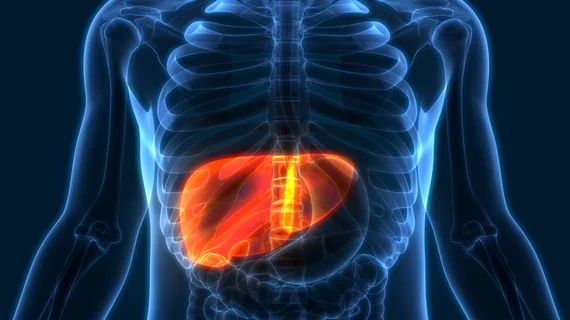Watchdog recommends extending incidental findings safety net to after-hours service following CT slipup
A consumer watchdog is urging local imaging providers to extend their incidental findings safety net into nights and weekends after one woman’s abnormal CT recommendations slipped through the cracks.
The case dates to July 2018, when a New Zealand woman presented at the local emergency department with leg pain and swelling after an angiogram two days prior. A computed tomography scan confirmed the presence of a pseudoaneurysm, but also an incidentally detected liver lesion, the country’s Health & Disability Commissioner said in a report released this month.
An after-hours rad recommended further follow up on the incidental finding. However, this never occurred, and the lesion was later diagnosed as an inoperable cancer of the bile duct, prompting “Mrs. A” to file the complaint.
“This case highlights the vulnerabilities in the system where, despite apparently reasonable processes and safeguards being in place, Mrs. A’s clearly identified liver lesion was not followed up in a timely manner,” the report stated.
Providers breached the country’s health codes, with the collective failures of several clinicians resulting in the woman “not receiving services with reasonable care and skill,” the investigation determined. The Health & Disability Commissioner is recommending that providers extend their practice of notifying ordering clinicians of abnormal findings to include contracted after-hours radiologists. It also wants an update on the health service’s efforts to introduce a system to monitor incidental radiology results for ED patients. Plus, the watchdog is suggesting implementing a mandatory review of all test results ordered during an inpatient care episode prior to hospital discharge.
In a statement to local media, Chief Medical Advisor Greg Simmons said the local health board is “very sorry for what happened to our patient, and deeply regrets the circumstances that led to the departure of her care from that considered to be acceptable.” They’re currently working to implement the watchdog’s recommendations to avoid any future such incidents.

